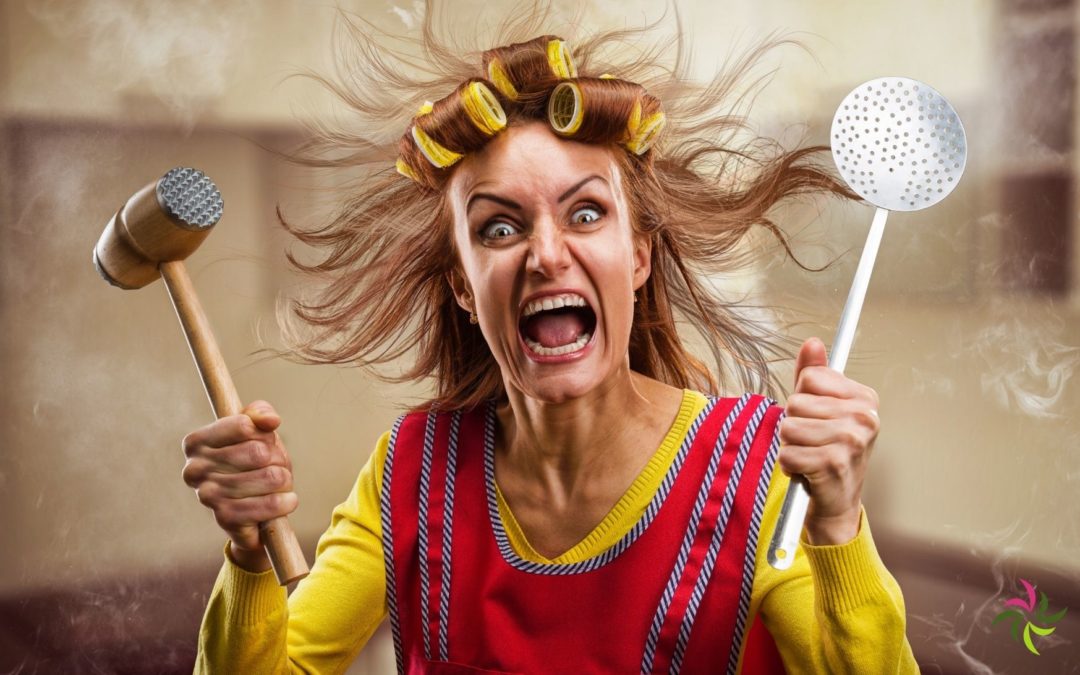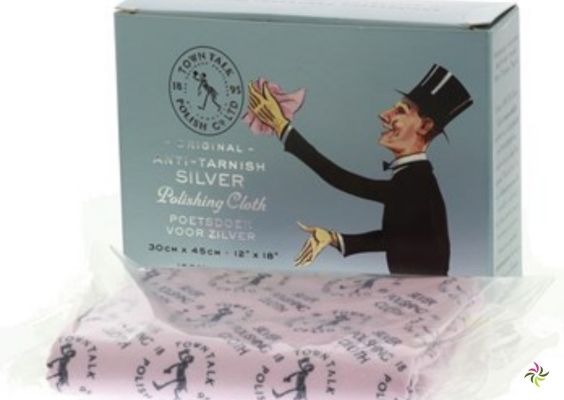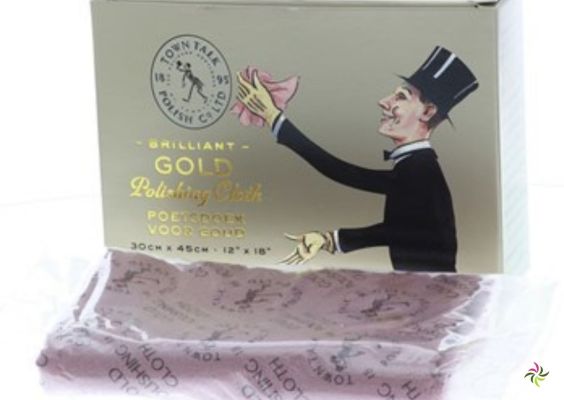Polish your jewellery like a pro!
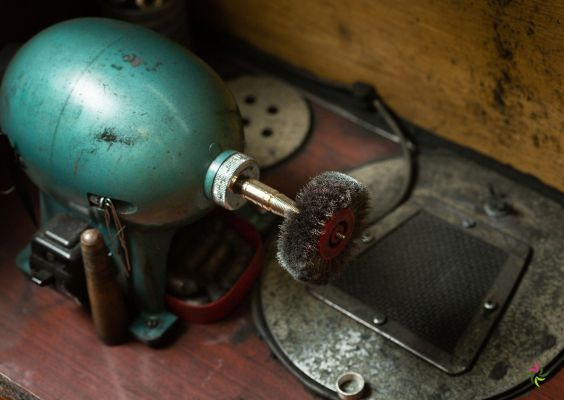
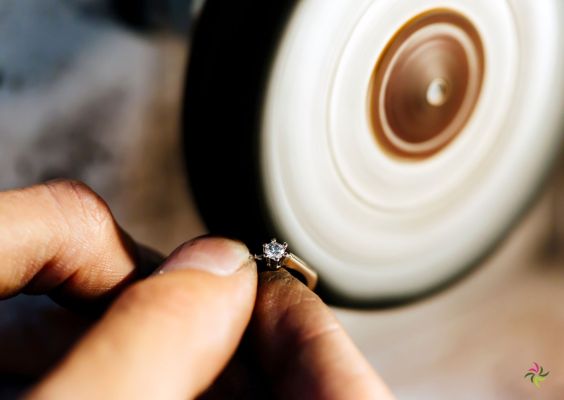
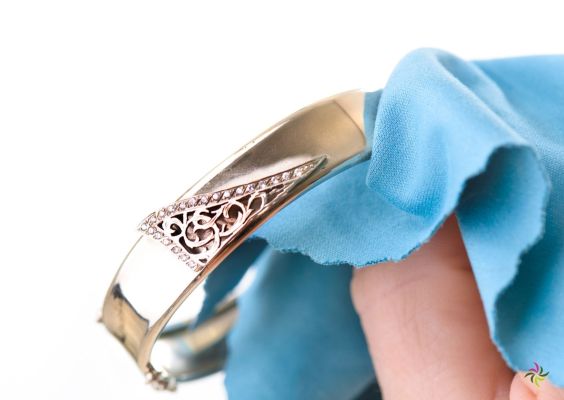
Did you know…
… brushing silver with toothpaste makes small scratches in your silver?
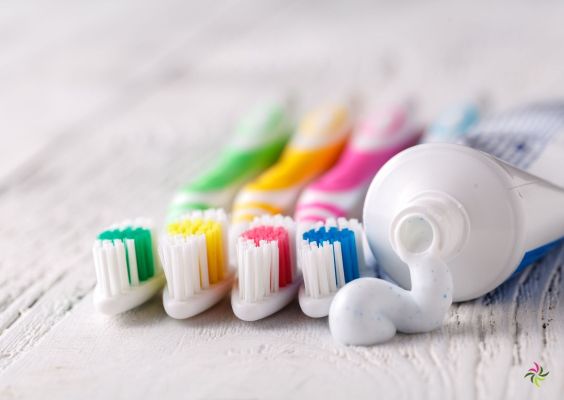
… polishing with household detergents has an impact on your silver?
Silver polishing? What to do and what not to do? How do I best clean and polish my silver?
Real silver will always discolour after a while by becoming brownish and then black.
Whether it’s silver jewellery (necklace, bracelet or earrings) or silver cutlery or other silver-plated ornaments or utensils, they are always at their best when they have been well polished and are shiny.
What causes silver to discolour?
After being exposed to the air for a while, silver will always discolour, why is this?
Silver turns black because of sulphur and humidity in the environment. Sulphur is in the air and also occurs in other substances.
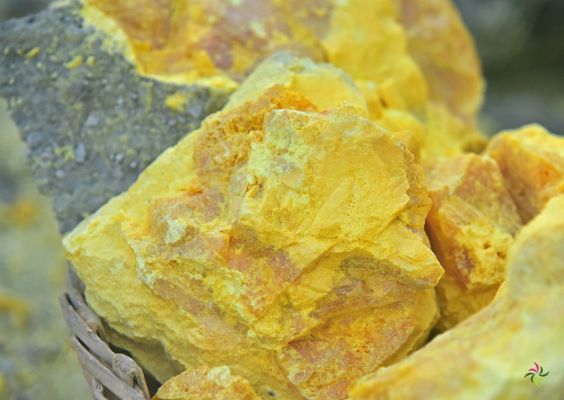
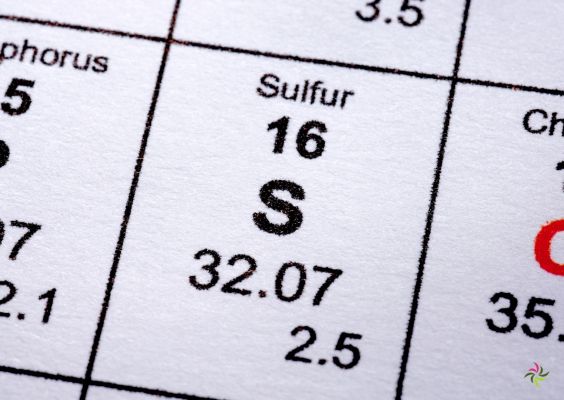
A kind of chemical reaction occurs when silver, sulphur and humidity come into contact with each other, first it becomes a brownish layer forms and then it turns more black.
You can compare it to rust on iron.
For example, eggs, perfume and wool are materials that contain a lot of sulphur, and skin oils, care creams, etc. can also increase the rate of discolouration.
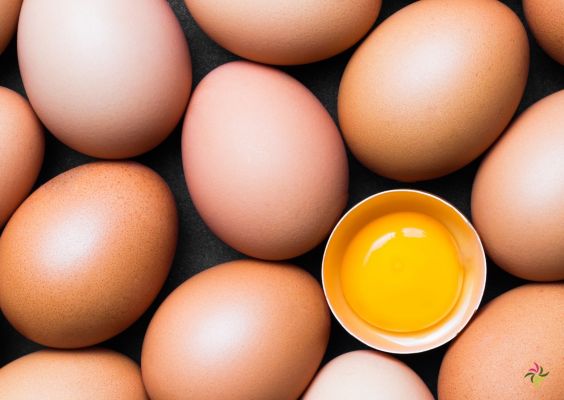
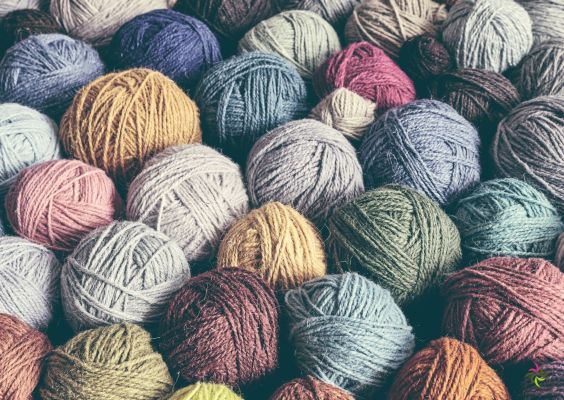
How do I prevent my silver from discolouring?
Some useful tips to prevent your silver jewellery or objects from discolouring:
Tip 1
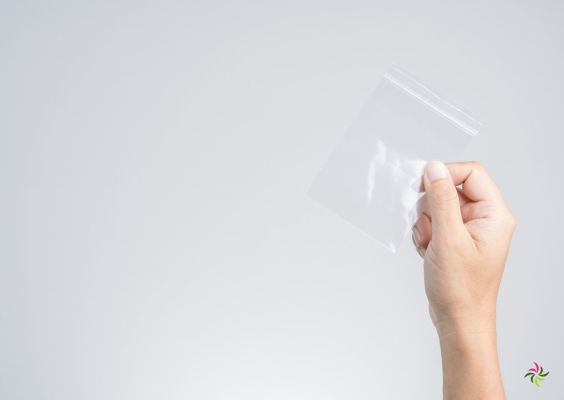
Store your silver in a plastic bag, which you seal with a vacuum, this prevents direct exposure to air, sulphur and humidity. It will not stop the discolouration completely but it will slow it down.
Tip 2
Give each piece of jewellery its own place, don’t let them slide, lie, rub against each other and NEVER store your jewellery in the bathroom (humid environment).
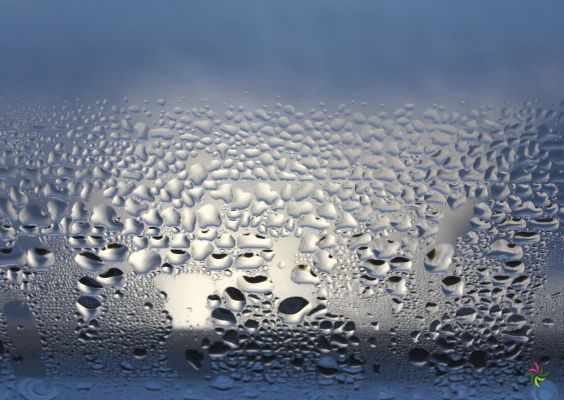
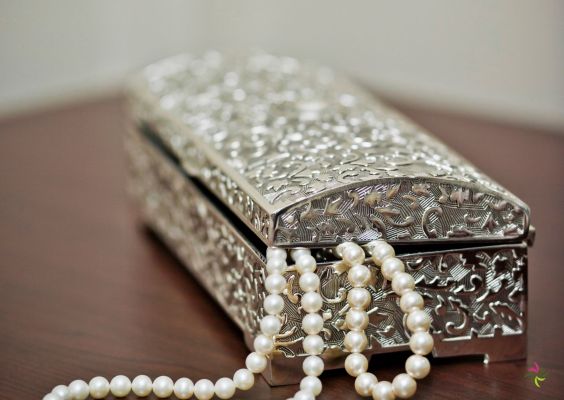
Tip 3
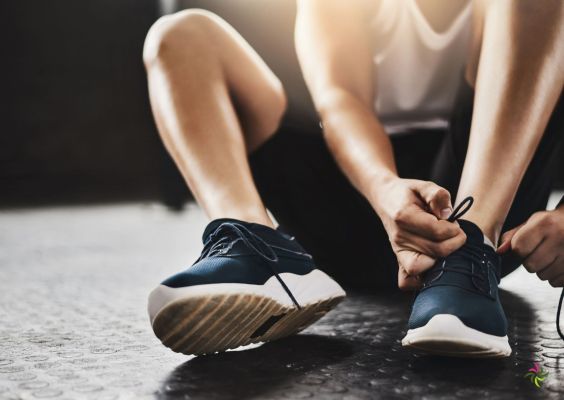
For activities such as gardening, sports or other perspiring activities, it is best to take off your silver jewellery.
Tip 4
Water and silver are not the best of friends, so for activities such as showering, swimming or housework take them off. (avoid sandy beaches and sea)

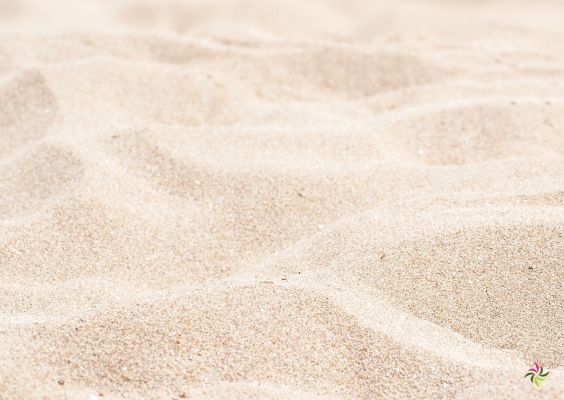
Tip 5
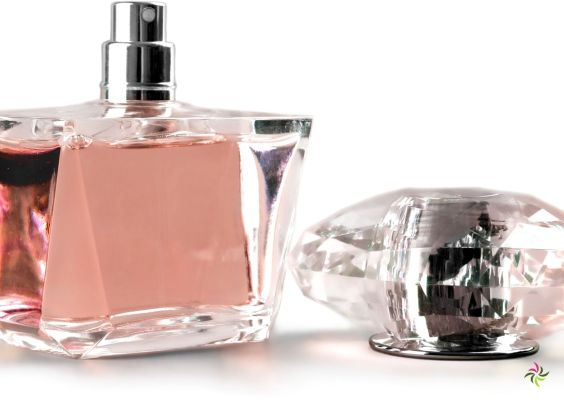
When putting on makeup, wait until after you’ve applied your perfume before you put on your jewellery.
Tips for cleaning silver
You can find a lot of home remedies on the internet to clean your silver, but they are not always right. For example: putting your silver in cola or vinegar, kitchen salt & aluminium foil and/or brushing it with toothpaste, etc.
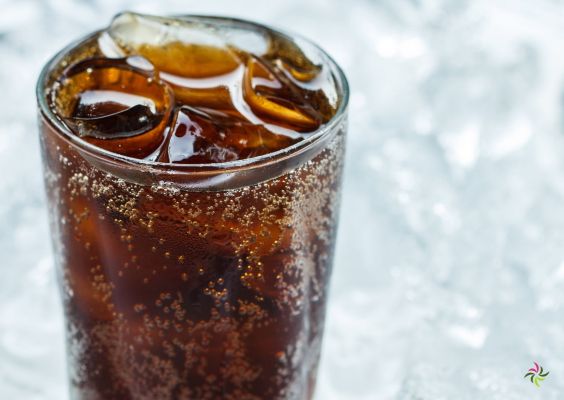
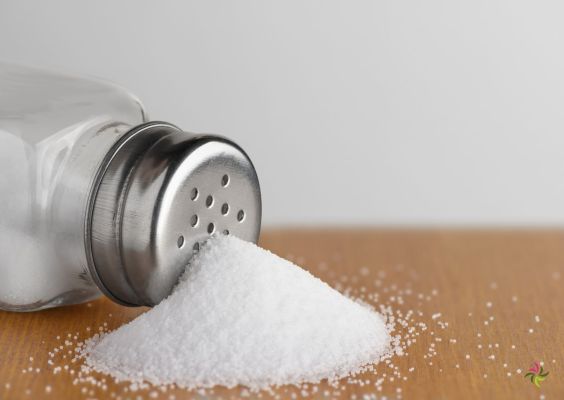
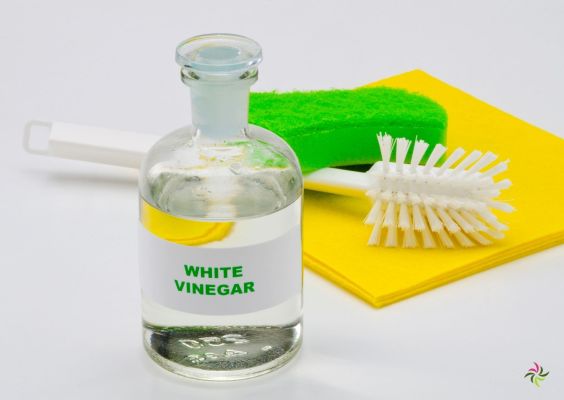
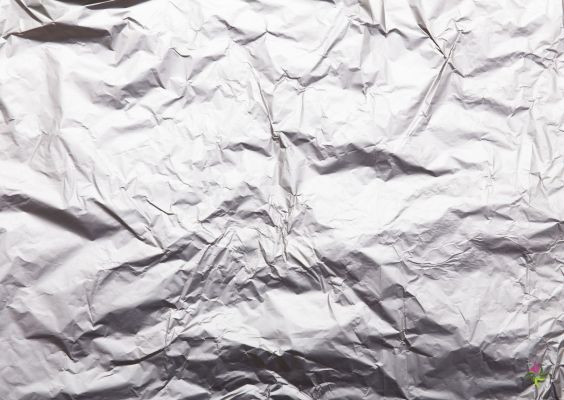
What makes it better not to use these methods?
Cola or vinegar are acids that act on your silver.
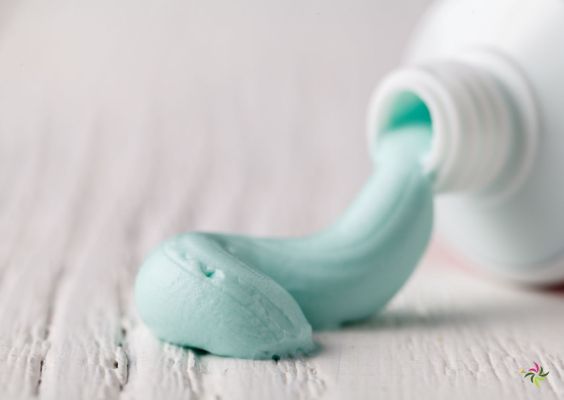
Toothpaste contains tiny grains that make invisible scratches to the naked eye.
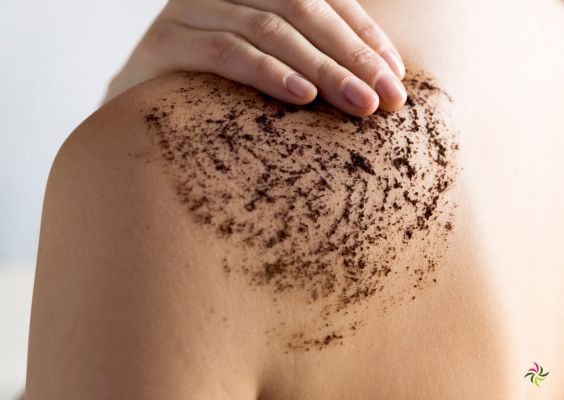
Compare it to sand on your skin at the beach in summer, or an exfoliating cream.
These methods may give a good result in the short term, but do more damage in the long term.
Designed4You solutions to make your silver or gold sparkle
Use professional silver and gold cleaning cloths.
They are not expensive at all and you only need one cloth for your whole life.
They treat your precious jewellery with all the softness it deserves to enjoy it for years.
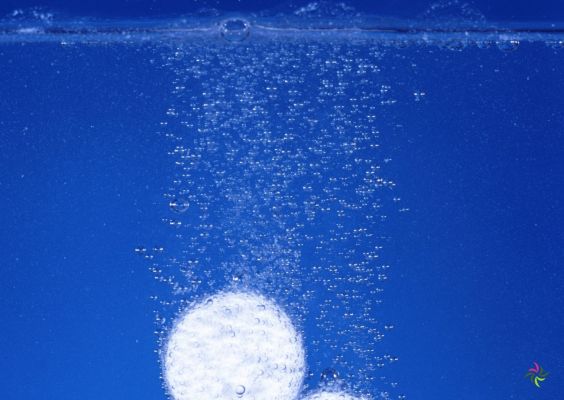
If there are any nooks and crannies that you can’t quite reach, take an effervescent tablet that you use for false teeth and put them in there with lukewarm water. Then put them in a sieve and rinse them thoroughly under lukewarm water and dry them carefully with a flannel cloth.
Does your silver need that little extra to ‘shine’? For a small price we can polish it extra with our polishing machine in the workshop.
To preserve the sparkle even better and make your jewellery more scratch-resistant, you can have an extra layer of protection applied by having your jewellery rhodium-plated.
What is rhodium plating?
This is the application of a thin layer of rhodium (< 0.1 micrometer (10,000th of a millimetre)) on your jewellery/ornament.
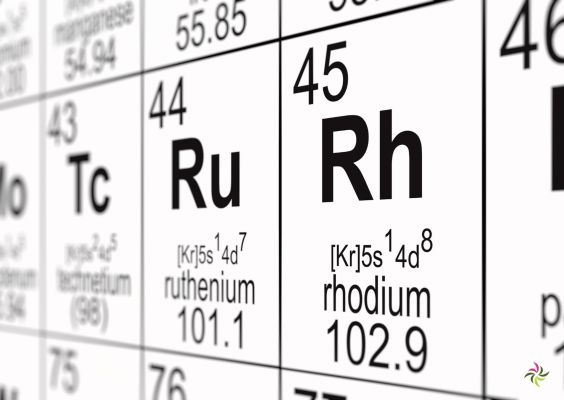
What does this layer of rhodium do?
It prevents oxidation as rhodium is a metal that is closely related to platinum.
So your silver will not turn black due to the presence of substances in the air and/or the environment, nor will it be affected by oils or perspiration from your skin. In other words, it ensures that your silver stays beautiful and bright longer.
On the other hand, rhodium is a hard material (like chrome), which makes your jewellery more resistant to scratches.
Brilliant bright colour
The layer of rhodium makes silver a little lighter/brighter (whiter) in colour than it was originally. This makes the shine of the rhodium-plated jewellery more pronounced.
Durability of the rhodium layer
Just like most things, your rhodium-plated jewellery/ornament needs maintenance from time to time. Especially when you wear it a lot, it will wear off faster. Of course you can always have your jewel rhodium plated again.
A rhodium layer will wear off faster on a ring because it is worn more intensively and experiences more friction than, for example, a pendant.
If you wear your jewel every day, year in year out, I advise you to have this treatment done every 2 years.
If you have any doubts about the best way to clean your jewellery, please contact me for advice.

